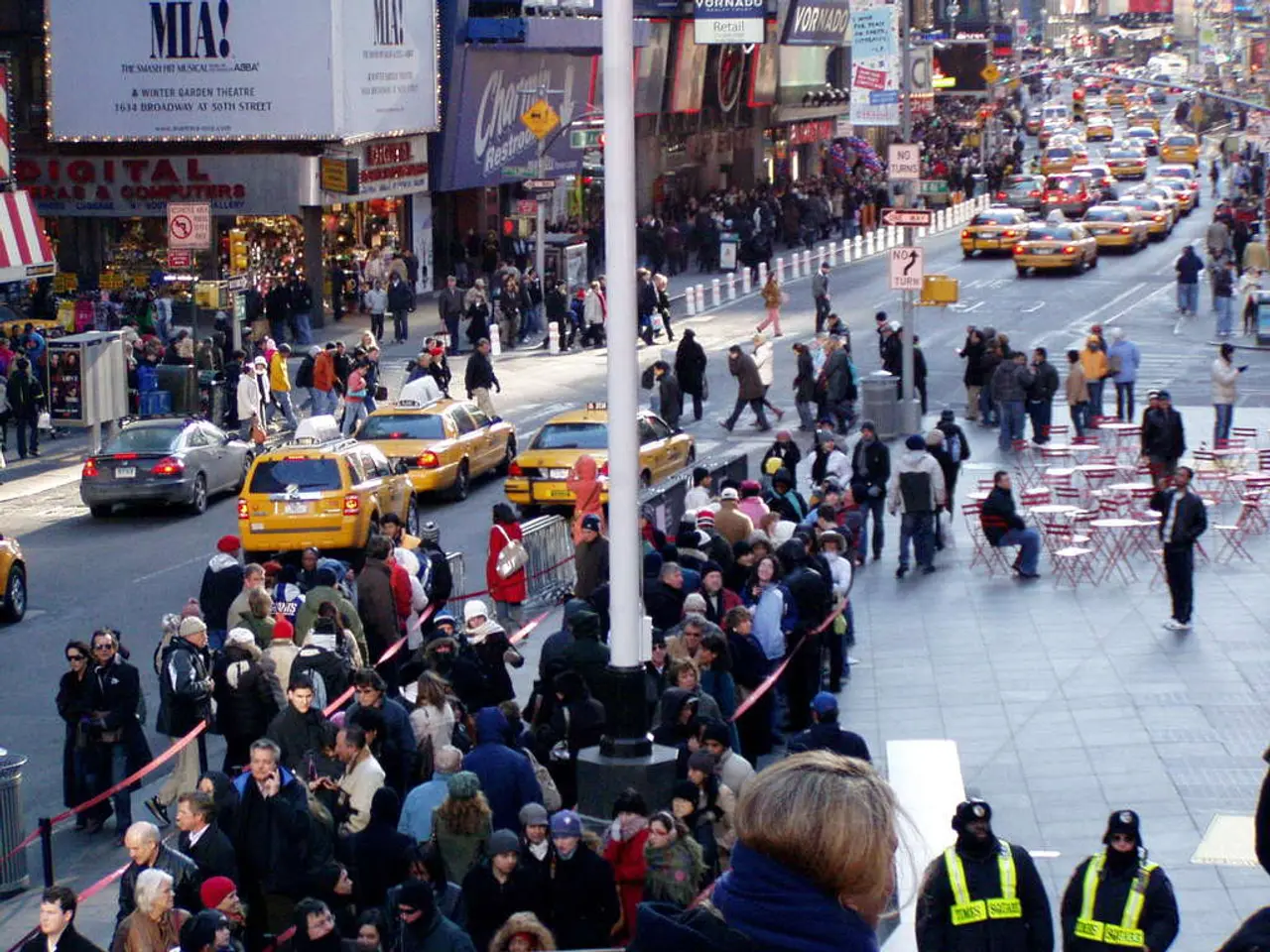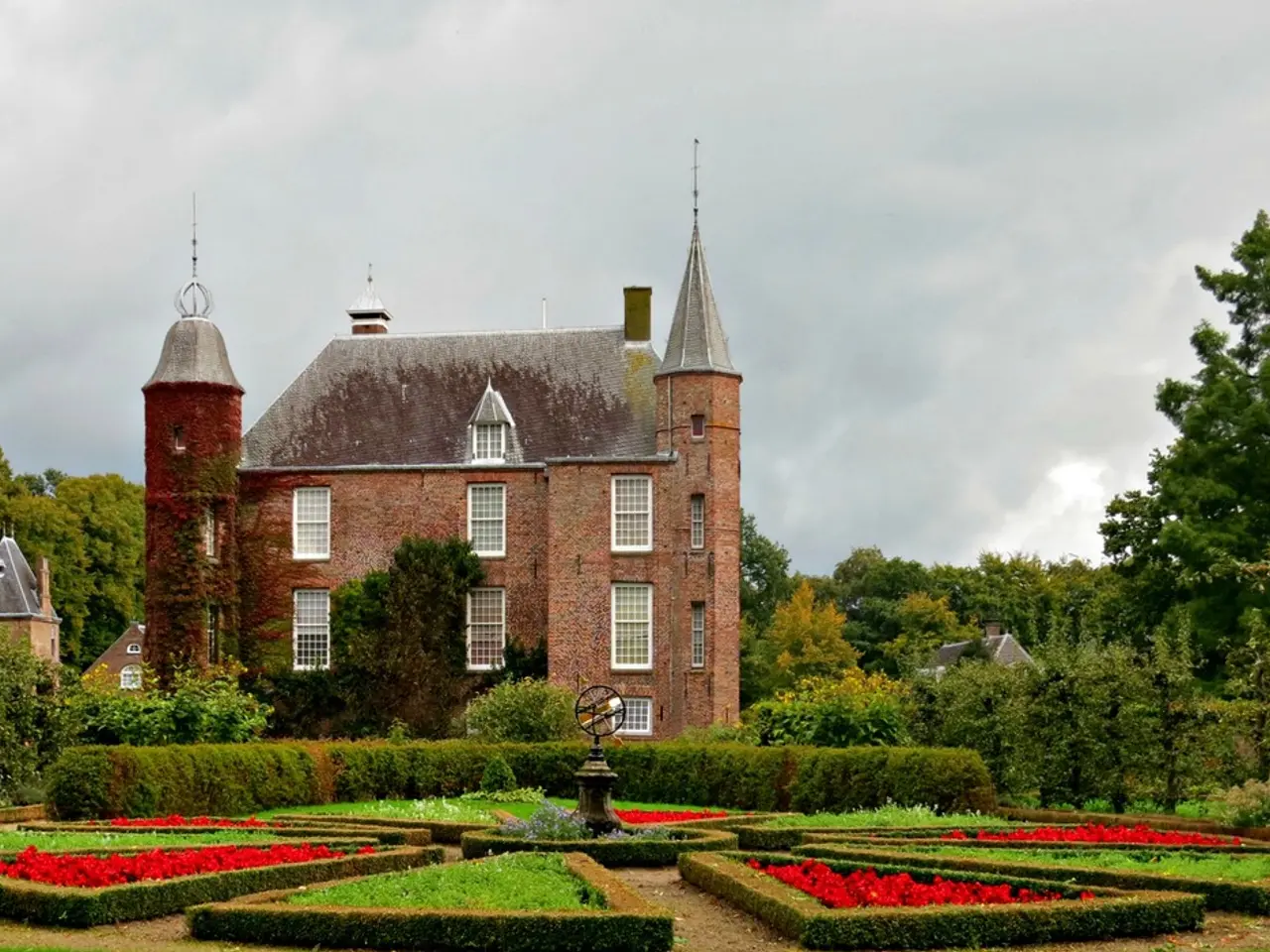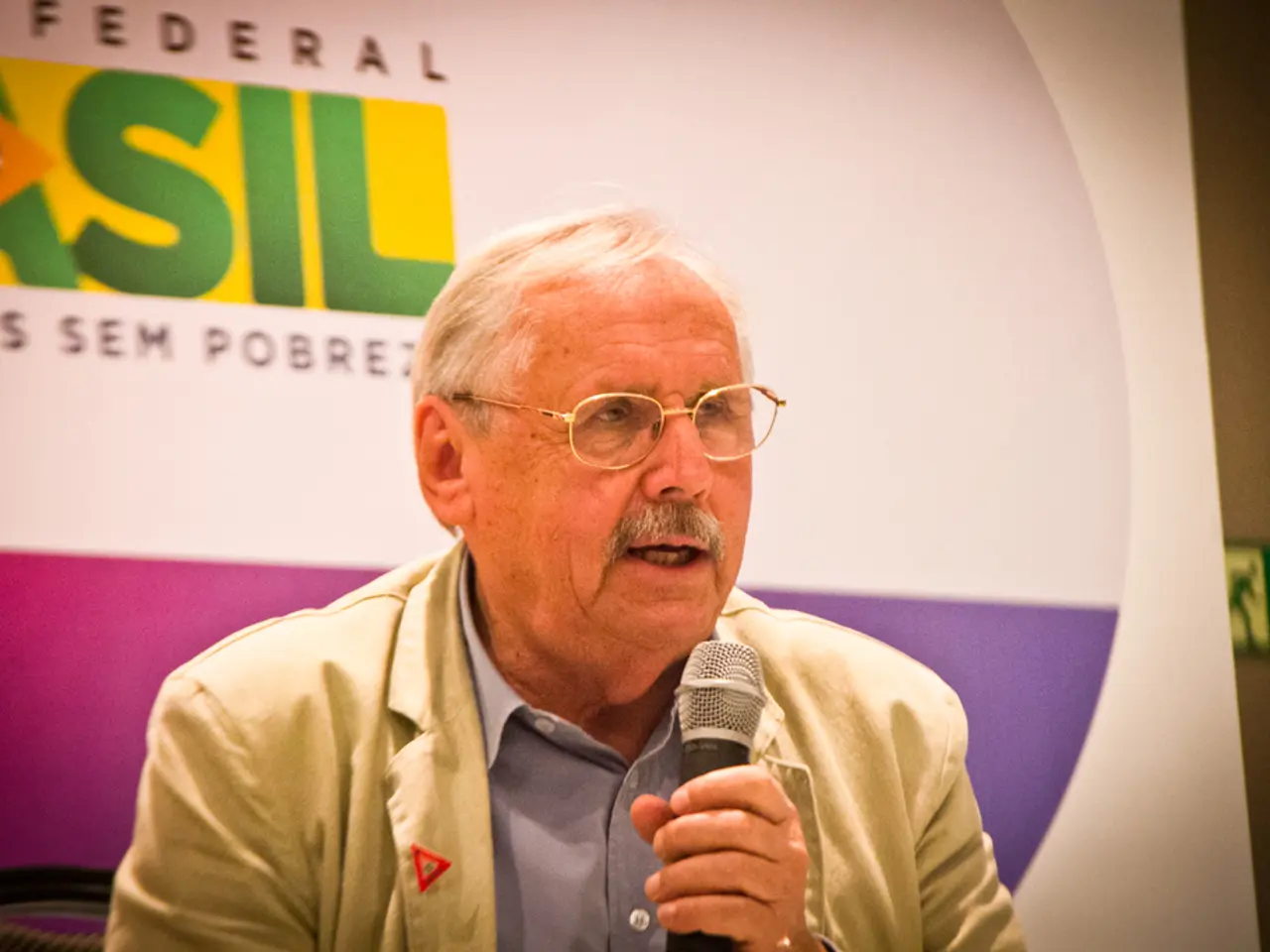Street on Hamburg's Horizon to Undertake a Renaming - Hamburg renames Hindenburg Street
In Hamburg, the city is undergoing a significant transformation, renaming two streets to commemorate figures deeply tied to Germany's democratic history and resistance against tyranny. The Hindenburgstraße, named after a controversial figure from the Nazi era, is being replaced by the Traute-Lafrenz-Straße and Otto-Wels-Straße.
The Hindenburgstraße: A Symbol of Controversy
The original Hindenburgstraße was named after Paul von Hindenburg, a German Generalfeldmarschall who later served as President of Germany. His presidency (1925–1934) was marred by controversy, as he appointed Adolf Hitler as Chancellor in 1933, paving the way for the Nazi dictatorship. After World War II, commemorations of figures linked to the rise of Nazism came under scrutiny, and cities like Hamburg sought to remove street names honoring authorities who were considered part of or implicated in enabling the Nazi regime.
Traute Lafrenz: A Symbol of Resistance
Traute Lafrenz (1919–2002) was a German physician and one of the last surviving members of the White Rose, a non-violent resistance group during the Nazi era. Born in Hamburg, she demonstrated extraordinary moral courage by participating in resistance activities from both Hamburg and later Munich. Her arrest and imprisonment by the Nazis did not deter her, and she survived the war. Her legacy symbolizes resistance, human rights, and democratic values.
The Significance of Renaming for Traute Lafrenz
Naming a street after Traute Lafrenz honours anti-Nazi resistance and commemorates those who fought for democracy and human dignity. It replaces the name of a figure linked to the downfall of the Weimar Republic and the rise of authoritarianism with a figure representing democratic courage. This renaming serves as a powerful reminder of the importance of standing up against tyranny and upholding democratic principles.
Otto Wels: A Symbol of Democratic Courage
Otto Wels (1873–1939) was a prominent German Social Democratic politician and chairman of the SPD. Famous for his courageous speech against Hitler’s Enabling Act in the Reichstag in 1933, Wels' speech remains a powerful symbol of parliamentary democracy and opposition to dictatorship. After 1933, Wels and the SPD were persecuted, with Wels dying in exile in France in 1939.
The Role of the SPD in Honouring Otto Wels
The Social Democratic Party (SPD), as the direct political successor of the party led by Otto Wels, has been active in promoting democratic education and remembrance. In places like Hamburg, the SPD has supported street renamings as part of removing remnants of the militaristic and nationalist past. Choosing figures like Wels and Lafrenz aligns with the SPD’s values of democracy, social justice, and historical responsibility.
The Impact of Renaming: A Commitment to Democratic Values
The removal of the Hindenburgstraße name reflects Germany’s broader post-war effort to distance public memory from figures related to authoritarianism and the Nazi rise. The introduction of Traute-Lafrenz-Straße and Otto-Wels-Straße commemorates a woman who bravely resisted the Nazi regime through the White Rose and a leading democratic politician who spoke out against Hitler’s dictatorship. Both renamings signal Hamburg’s commitment to democratic values and remembrance of resistance against tyranny, supported actively by the SPD and broader civil society.
In conclusion, the renaming of the Hindenburgstraße to Traute-Lafrenz-Straße and Otto-Wels-Straße signifies a significant step in Germany's ongoing effort to confront its past and honour those who fought for democracy and human rights. These renamings serve as a powerful reminder of the importance of standing up against tyranny and upholding democratic principles.
Community policy on street renaming reflects a commitment to erase symbols of controversy and celebrate figures who exemplify democratic values, such as Traute Lafrenz and Otto Wels, both of whom embody resistance against tyranny. Local politics played a part in this renaming effort, with general-news covering the transformative change in Hamburg, a city which, through these actions, demonstrates its dedication to upholding democratic principles through continued vocational training and education on historical responsibility. Vocational training, symbolizing the future, is contrasted with past policies that enabled the rise of authoritarianism.





